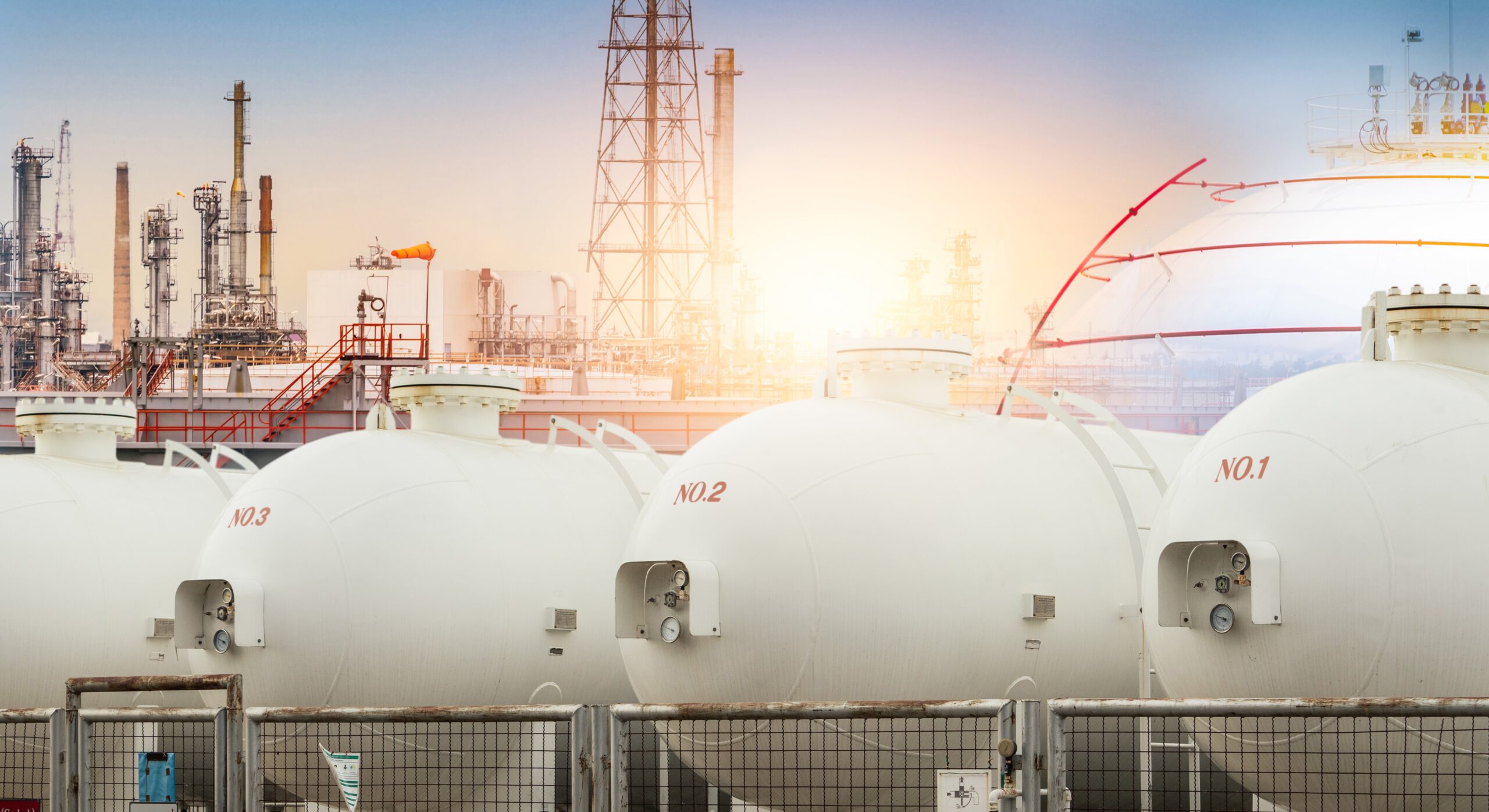Propane, also known as liquefied petroleum gas (LPG), is a versatile and widely used fuel. It is commonly utilized for heating homes, cooking, and fueling vehicles. Understanding how propane is produced and its journey from production to your home or business provides valuable insight into this important energy source.
The Production of Propane
Propane is primarily produced through two processes: natural gas processing and crude oil refining. Both sources are vital in contributing to the global supply of propane.
Natural Gas Processing
Natural gas processing makes up a significant portion of propane production. During this process, raw natural gas, which is a mixture of several gases, is purified in a processing facility. Here, it is separated into its component gases through a series of compression and cooling steps. Propane is isolated and collected because it condenses into a liquid at a much higher temperature than natural gas.
Crude Oil Refining
During crude oil refining, oil is heated in a distillation unit. The heating process causes different hydrocarbons to separate based on their boiling points. Propane, being a lighter hydrocarbon, separates at a lower temperature than heavier oils and is subsequently refined to achieve the purity needed for commercial use.
Storage and Distribution
Once propane is produced, it is stored in large tanks as a liquid under pressure. It remains in this compressed state until it is ready to be delivered. Distribution involves transporting the propane by pipeline, ships, or tanker trucks to various distribution centers.
From these centers, propane is delivered to residential, commercial, and industrial users. Companies like Reeder Distributions play a crucial role in ensuring that propane reaches consumers safely and efficiently, maintaining strict safety standards throughout the delivery process.
Uses of Propane
Propane is known for its versatility. Here are some of its most common uses:
- Home heating: Many homes use propane for central heating, water heating, and cooking.
- Commercial uses: Propane is used in various industries for heating, cooking, and as a fuel for forklifts and farm irrigation systems.
- Agriculture: Used in crop drying, propane helps in food production.
- Transportation: Some vehicles are equipped to use propane as a cleaner alternative to gasoline.
Propane continues to be a crucial energy source due to its versatility and relatively low environmental impact compared to other fossil fuels. For those looking to use propane, ensuring you have a reliable supplier and distributor, like Reeder Distributions, can make all the difference in maintaining an efficient and steady supply.





